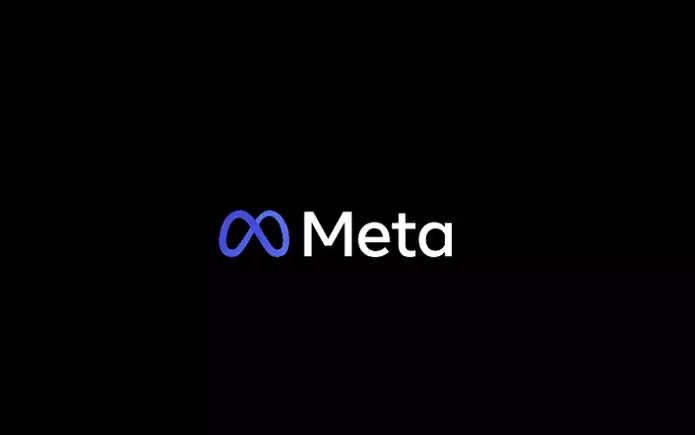Meta Platforms, Inc., the parent company of Facebook and Instagram, has adopted a public strategy of distancing itself from political discourse. This approach, however, raises significant questions about the efficacy of such a strategy amidst widespread misinformation and the omnipresence of political content in digital interactions. Despite its stated intentions, Meta’s platforms are still heavily utilized for political influence—often to detrimental ends, leading to an ongoing struggle to manage the impact of this content.
Recent reports highlight that despite Meta’s announced shift away from political content, the platform continues to be inundated with misleading advertisements related to upcoming elections. Platforms like Facebook have been criticized for enabling a proliferation of politically charged misinformation, including ads that contain grotesque imagery and inflammatory rhetoric aimed at high-profile figures such as Vice President Kamala Harris. Such ads have sparked outrage not only for their misleading nature but also for the violent imagery associated with them, suggesting an alarming trend where political communication strays far beyond healthy discourse.
The recognition of the dangers posed by unregulated political content isn’t new. The 2016 U.S. election brought forth significant scrutiny of how foreign entities used Facebook to manipulate public opinion through the dissemination of conflicting narratives about candidates. This misuse forced Meta CEO Mark Zuckerberg into Senate hearings, where he was called to account for the role his platform played in allowing such disinformation to thrive. The aftermath of this scrutiny has driven Meta to adopt an ostensibly more responsible approach in regulating content, leading to the conclusion that any attempt to entirely remove political discussions from its platforms may simply be impractical.
In a bid to mitigate the backlash from regulatory bodies and the public, Meta has gradually diminished its emphasis on political content, opting instead for entertainment-driven material. This shift manifests in increased engagement with nostalgic media, such as repackaged television clips, which have found considerable popularity among users. However, this shift raises the question of whether it is possible to smoothly transition from a politically engaged platform to one that strictly prioritizes entertainment without alienating users who prefer a more robust discourse.
While Meta argues this change aligns with user feedback—specifically, a desire for less political confrontation—the decision to mask political discourse may inadvertently suffocate the very discussions that many users seek to engage in. Given the platform’s vast reach—claiming to connect nearly 40% of the world’s population—these discussions inevitably intersect with significant societal issues. It suggests that Meta’s relationship with politics is not merely transactional; it is, in fact, an essential service to host public discourse in a complex world.
Meta’s attempts to dictate the nature of conversations on its platforms could continue to backfire. By tagging certain content as political and imposing restrictions on its distribution, Meta may alienate users who wish to engage in discussions that they perceive as fundamental to civic life. Moreover, labeling content as politically charged risks disrupting communities that rely on these platforms for open dialogue about pressing societal issues such as social justice, governance, and policy.
In light of this uncertainty, it seems that Meta’s definition of “political content” remains ambiguous at best. The description is vague enough to invite controversy and confusion regarding what constitutes acceptable discourse. As the landscape of public sentiment evolves, so too must Meta’s approach. Users will inevitably engage with effects of governance and elections—defining these impacts functionally outside the bounds of mere “politics” itself. Continuous engagement with users and experts is essential to refine a more effective strategy for managing political content.
As the 2024 U.S. elections approach, Meta will need to confront its dual challenge: preserving user engagement while navigating the minefield of political content. If the platform aims to cultivate dynamic discussions, it will require a nuanced understanding of the implications of political discourse in its core user experience. Rather than purely limiting political content, Meta might consider engaging more constructively—by offering educational resources, encouraging verified journalism, and facilitating healthy discussions without resorting to sensationalism.
Ultimately, the problem lies not only in the presence of political content but also in the potentially hazardous environments created for such discussions. Meta’s future strategies will need to strike a careful balance between user desires for “escape” in entertainment versus the need for a platform that supports rich, informed dialogue about the world we live in. As it stands, the outcome of Meta’s ideological struggles will play a significant role in the evolution of online spaces for public engagement in politics and society at large.


Leave a Reply